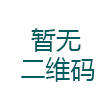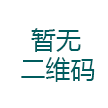International Genetically Engineered Machine Competition (iGEM) 2021 was concluded in the early morning of November 15, Beijing time. HiZJU-China, a team from ZJU-Hangzhou Global Scientific and Technological Innovation Center, took part in the Competition for the first time and won the gold medal among 352 teams worldwide.

The team passed all the settings of the Competition with the best performance and won the highest appraisal from the panel of judging professors with its excellent experimental design, wonderful presentation of results and articulate defense.
Genetic engineering helping degrade ethinyl estradiol (EE2)
Social progress brought about various emerging pollutants impacting the environment and ecosystem worldwide, and 17α-ethinyl estradiol (EE2) is one of them. It is widely known that 17α-ethinyl estradiol (EE2), a typical endocrine interferent, is often used in contraceptive drugs, and the HiZJU-China team has found, through field research, that there is no effective degradation and detection method for the artificial estrogen EE2. The accumulation of these artificial estrogens in water not only caused the feminization of male fish, but endangered the balance of human endocrine system in several regions as well. In order to tackle EE2 pollution, the team members modified Escherichia Coli with genetic engineering to construct a co-metabolic pathway to degrade EE2 and ammonia nitrogen in wastewater, and, in an innovative way, achieved trace-level biochemical reaction detection with yeast two-hybrid technology, so the content of EE2 in water can be obtained by observing the cell color or fluorescence intensity.
In addition, the project is also likely to degrade a variety of organic amine pollutants such as sulfonamides in wastewater. It is a useful exploration to degrade new pollutants and make contributions to the construction of ecological China.
Interdisciplinary Integration! Solving practical problems with synthetic biology methods
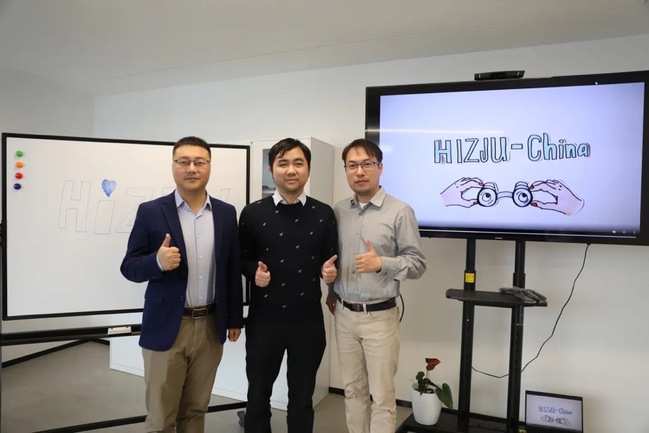
Yu Haoran, Lian Jiachang and Bao Zehua, from left to right
The mentors of this award-winning team are the three young PIs: Yu Haoran, Lian Jiachang and Bao Zehua, from the Institute of Biological and Molecular Smart Manufacturing of the Center. The members are students of different majors, including bioengineering, electrical, accounting and industrial design. They showed excellent teamwork spirit with their individual strengths and exercised cooperation and innovation in experiments, modeling, research and defense, etc., and finally overcame the problems.
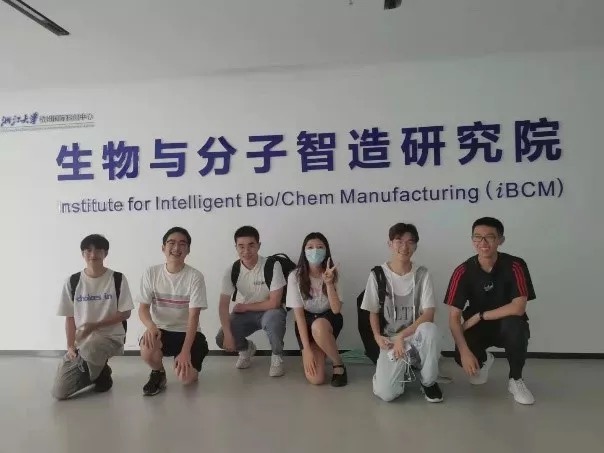
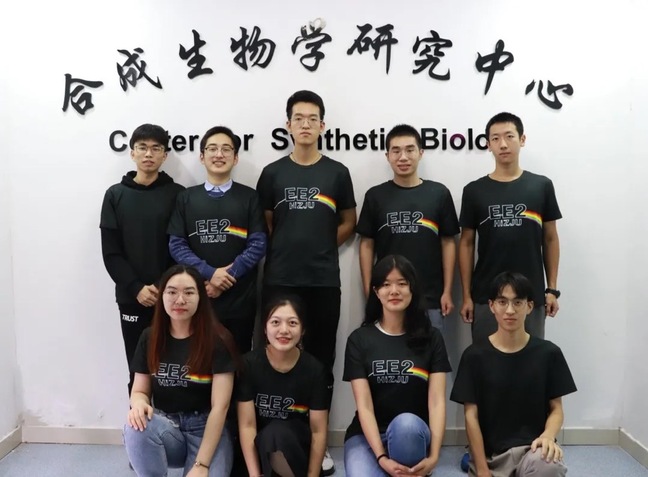
Photo of the Team
“Our team is very interdisciplinary, as future industrial development and scientific problem solving require interdisciplinary knowledge and expertise.”
Mr. Lian Jiachang told us that the members, apart from doing research at the lab, conducted field research visits to sewage treatment plants, hospitals and other institutions to understand the bottlenecks of industries and practical needs of the society, and they even did artwork, designed web pages and animations to present scientific research results in the most lively way.
Upgrading teaching with competitions and integrating industry and research. The young PIs said.
We hope that the competition would give students an opportunity to apply what they have learned in synthetic biology into solving practical problems.
Meanwhile, they also hope to, with the contests and competitions, open up the vision of the team, promote global exchange and cooperation, and strive to build ZJU-Hangzhou Global Scientific and Technological Innovation Center into a cradle for integrating sci-tech innovation and industrial innovation.
News+
International Genetically Engineered Machine Competition (iGEM), founded by MIT in 2003, developed into an international academic competition in 2005, and is currently the top international academic competition in the field of synthetic biology. Synthetic biology is an emerging field of research in recent years, and the research results of the competition teams each year have received widespread attention from journals such as Science, Nature, Scientific American, The Economist, and the related industry. As one of the top international sci-tech innovation events, iGEM is known as the “Olympics” of synthetic biology for university students. The students in applied biology, mathematics, computer science, art design, economics and management from MIT, Harvard, Princeton, UC Berkeley, Tsinghua University, Zhejiang University and other world-renowned universities competed on the same stage and explored the infinite possibilities of synthetic biology.






